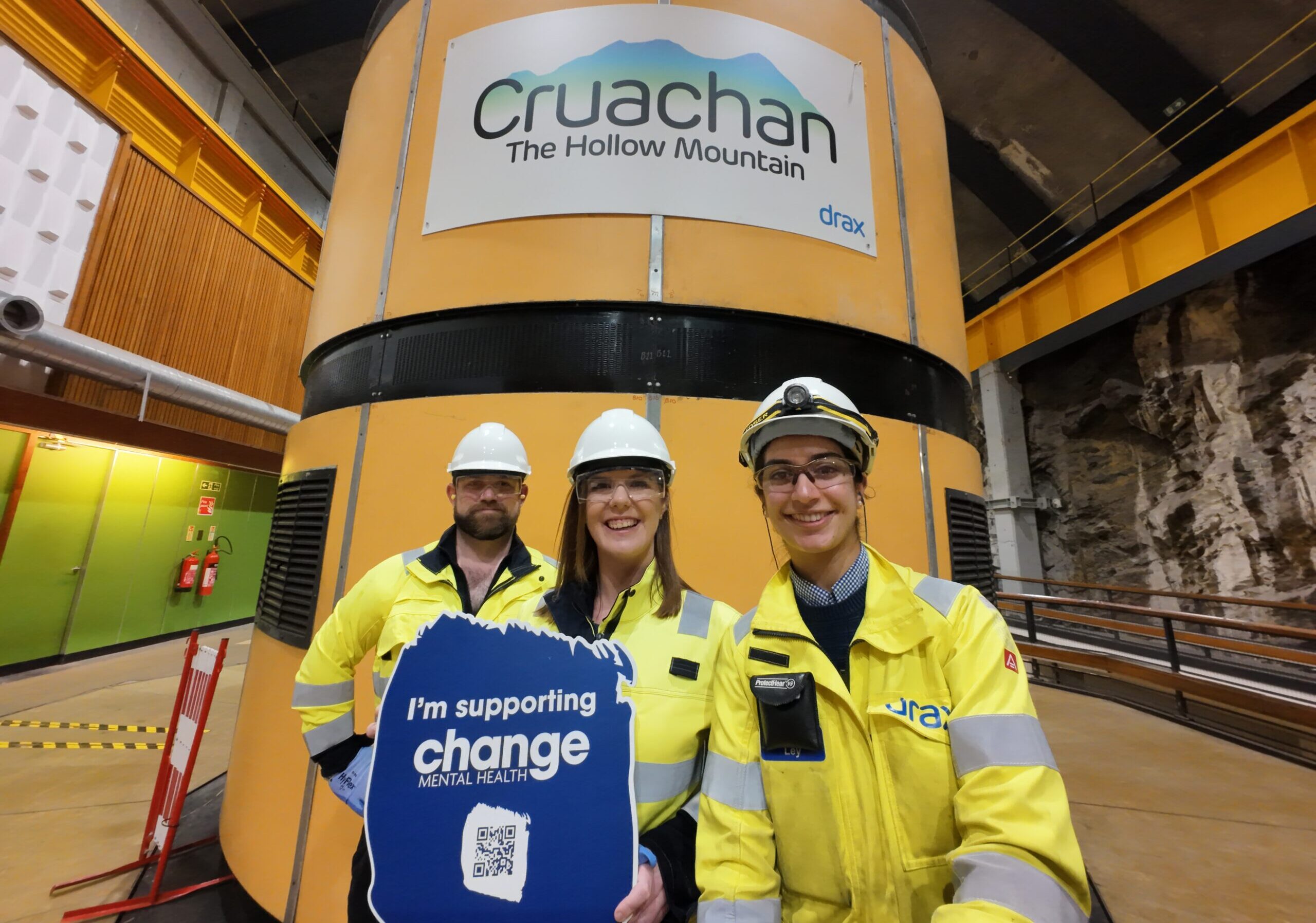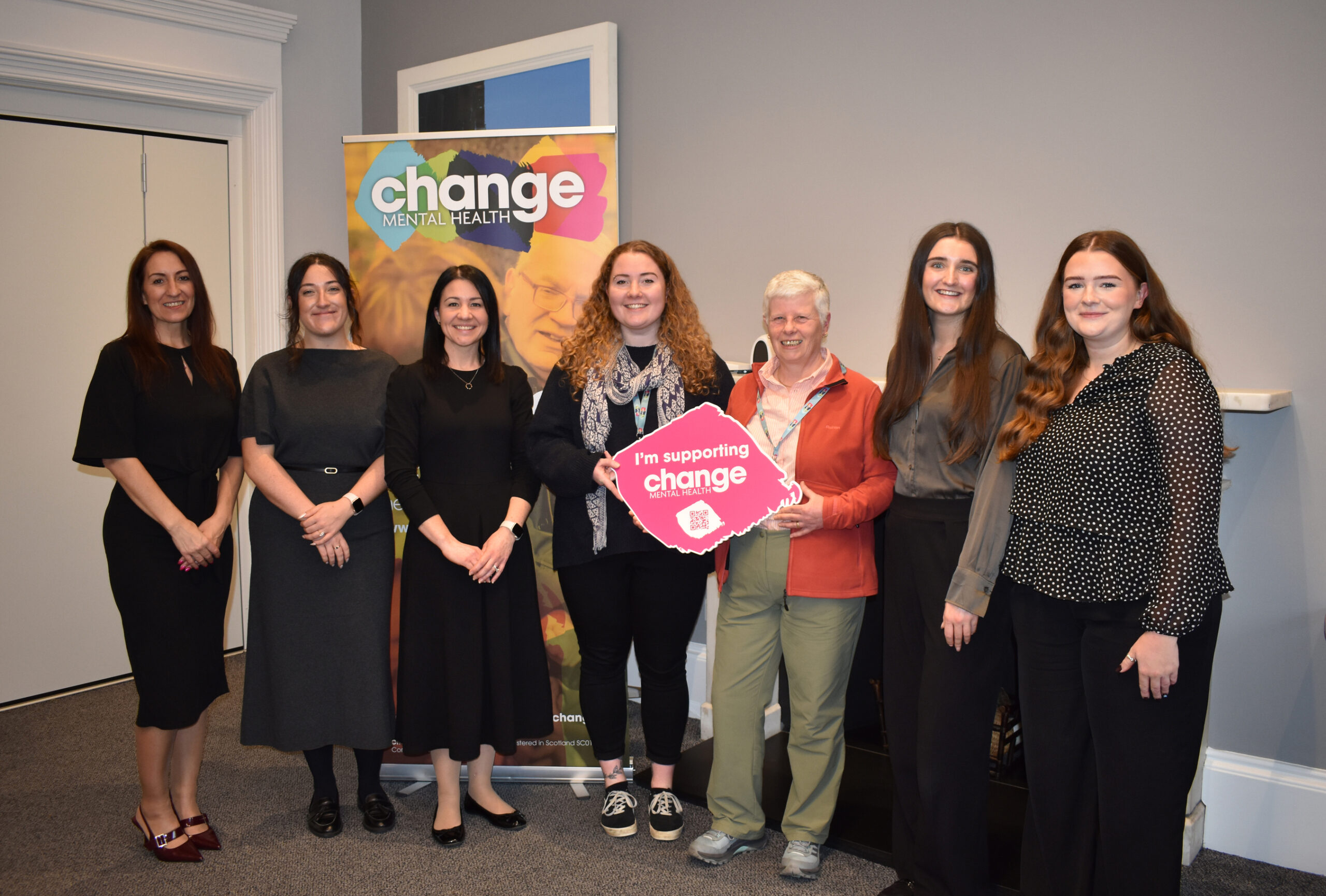Responding to the 2022 Health Survey
Mental health in Scotland remains a pressing concern, especially among young people, as revealed by the 2022 Health Survey. Approximately one in three people grapple with mental health issues annually, exacerbated by the enduring challenges of the COVID-19 pandemic.
Mental health is a major concern in Scotland, particularly among young people, as revealed by the Scottish Government’s 2022 Health Survey. Every year, about one in three people struggle with mental health issues, which have been exacerbated by the ongoing challenges of the COVID-19 pandemic.
The findings highlight the need for comprehensive, community-based approaches that take into account socio-economic factors, gender disparities and intergenerational impacts on mental health.
In 2022, the average WEMWBS score for adults dropped to 47.0, indicating a decline from previous years and reaching the lowest level ever recorded. Rates of self-harm and people experiencing symptoms of depression, anxiety and loneliness have increased significantly. The statistics regarding the mental health of young people in Scotland are particularly alarming.
According to the survey, 17% of respondents in the 16-24 age group feel lonely ‘all the time’ and 30% of children in 2022 lived with a parent showing signs of a possible psychiatric disorder.
![]()
Nick Ward, CEO of Change Mental Health, commented on the results:
“The 2022 Scottish Health Survey report published today is a call for action and for change.
“Across the statistics, whether it is depression, anxiety, self-harm or suicide, all of the data points to mental wellbeing in Scotland getting worse rather than getting better.
“While this study reflects the reality of living through the Covid-19 pandemic, it is now clear beyond doubt that the status quo for mental healthcare in Scotland today is no longer tenable. With these findings showing the worst ever recorded results for some of the areas measured, it is evident that fundamental change is required to tackle this mental health emergency.
“While the publication of the Scottish Government’s new Mental Health and Wellbeing Strategy and Delivery Plan this Autumn was welcome, what we need now is action not warm words.
“The upcoming Budget this month is a chance for the Scottish Government to back their new Strategy and Delivery Plan with the funding and resources necessary to tackle the mental health epidemic and change the way we deliver mental health support in Scotland.”
“In the words of Emmeline Pankhurst it’s the time for ‘deeds, not words…“





